The cost of living is set to rise as the government imposes higher Value Added Tax (VAT) and supplementary duties on over 100 essential goods and services. This sudden change, implemented through an ordinance issued on January 4, 2025, is already impacting households across the nation reportedly.
From cooking meals to staying connected, the increased taxes are making everyday activities more expensive. For households using Liquefied Petroleum (LP) gas, the cost of preparing breakfast has gone up. Meanwhile, commonly consumed items like imported fruits, juices, and even biscuits are now pricier.
The burden extends to cellphone usage and internet services, where VAT deductions significantly reduce the value of mobile top-ups. Dining out, especially in air-conditioned restaurants, has become costlier as VAT on such services has tripled to 15%. Even essential purchases like medicine and tissue paper are now more expensive, adding to the financial strain on consumers.
The situation has drawn criticism from various quarters, including economists and consumer advocacy groups. Palash Ahmed, an employee at a private firm in Dhaka, expressed frustration stating that the prices of essentials have skyrocketed over the past two years, but salaries have not kept pace which means the salaries did not increased but the costings have increased. These tax increases make it harder to maintain our standard of living.
Read more: NBR Set To Double Taxes On Motorbike, AC, And Refrigerator Manufacturers By FY26
Similarly, Selim Raihan, Executive Director of SANEM, criticized the policy as shortsighted, accusing the interim government of following the budgetary framework of its predecessor without exploring alternatives.
According to the National Board of Revenue (NBR), the increased taxes are necessary to meet revenue collection targets and comply with International Monetary Fund (IMF) conditions tied to a $4.7 billion loan. The IMF has insisted on measures such as revenue collection improvements and streamlined tax policies, pushing the government to raise duties mid-fiscal year.
However, the NBR claims the affected goods and services are non-essential and will not significantly impact inflation. Economists strongly disagree, pointing out that the increased taxes affect items used daily by the average consumer, from ready-made garments to power supplies and CCTV systems.
Former World Bank economist Zahid Hussain argued that the timing of the tax hike amid high inflation is poorly judged. He suggested alternative measures like expanding the tax net, reducing corruption, and curbing government spending to meet revenue targets without overburdening consumers.
While the government views increased VAT as a necessary step to address fiscal challenges, its effect on the average consumer is unmistakable. Many, particularly those from low- and middle-income groups, are now facing heightened financial pressure.
In conclusion, while the policy aims to address long-term revenue goals, it underscores the need for more equitable and inclusive approaches to fiscal management—ones that consider the well-being of all citizens during challenging economic times.
For more updates, be with Markedium.



























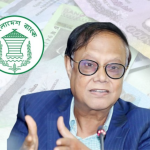

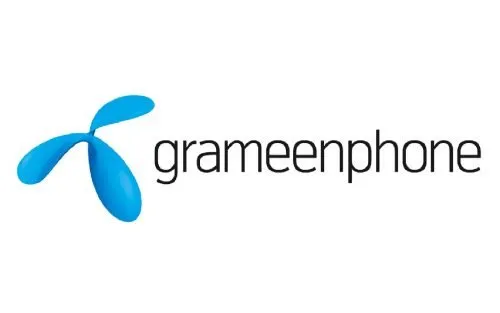


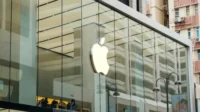
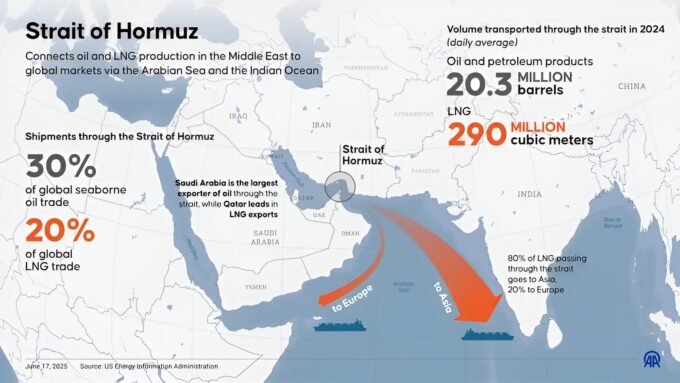



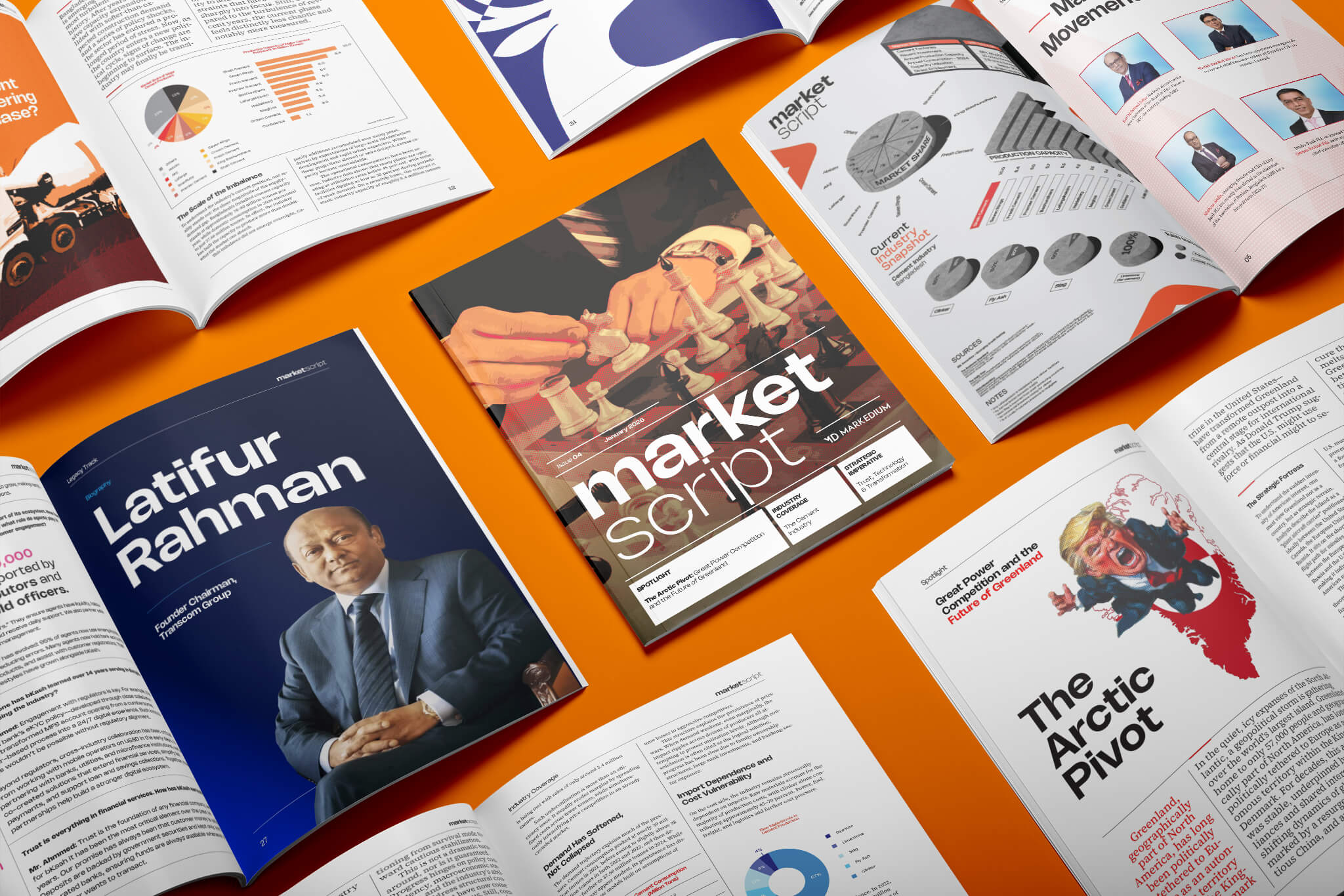



Leave a comment